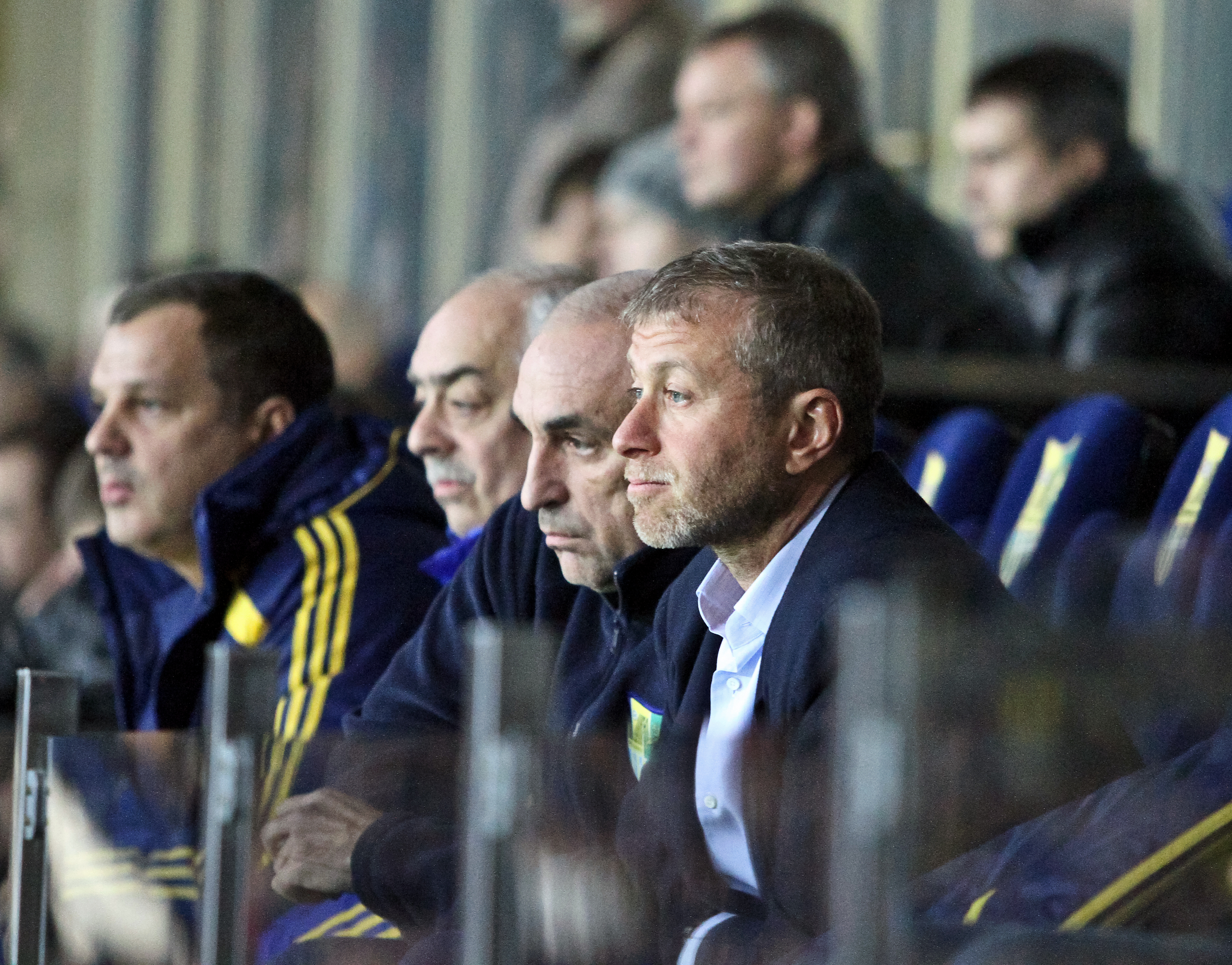Anybody stumbling upon Wembley Stadium on Wednesday night after a long deep sleep would probably be wildly confused by the spectacle greeting them. And in a sense England v Iceland – a Nations League dead rubber played in silence in the midst of a locked-down city – is the football game as philosophical paradox, a fixture whose meaning essentially derives from having none. An ancient folk ritual whose true origins are long forgotten to history. Ask not why, child. As our fathers bequeathed to us, and their fathers before them: it is written on the Uefa website, and so it will be done.
England, who can no longer progress from their League A group, will be without Jordan Henderson and Raheem Sterling in addition to an already lengthy injury list. Iceland, who have already been relegated to League B, are on a run of six defeats in seven games. Last week they missed out on qualification for Euro 2021 in heartbreaking circumstances, conceding two late goals to Hungary.
And so for Gareth Southgate, a game that threatens to teach him dangerously little. Iceland may be best remembered on these islands as the team who inflicted such humiliation on Roy Hodgson’s side at Euro 2016, but they have regressed sharply in the last two years, slipping down the world rankings and now in search of a new manager. Anything less than a routine win will invite some extremely uncomfortable questions. Anything more will invite the accusation that this was no sort of test at all.
In the absence of most of his first-choice XI, Southgate will thus use this game as an opportunity to drill some existing combinations and perhaps forge some new ones. The in-form Dominic Calvert-Lewin should get another chance. Jadon Sancho and Phil Foden could rekindle the partnership they enjoyed at the Manchester City academy. And in the centre of the pitch, the absence of Henderson gives Southgate a chance to make a bold and thrilling statement of intent, to retool England’s midfield into a radical and dynamic attacking force.
Only joking. Most likely England will employ the now-familiar double pivot, the two-man screen whose main function will be to protect the back three, block the opposition’s passing lanes and funnel the ball to other, more exciting players. Jude Bellingham, the promising 17-year-old from Borussia Dortmund, may be deemed just a little too raw for a full start, and so the honours are likely to go to Harry Winks and Declan Rice.
Over the last year, Rice has quietly become the linchpin of Southgate’s England. The West Ham midfielder is the only outfield player to have started all five of England’s competitive games this year, and it’s probably fair to say people have mixed feelings about this. For some, Rice epitomises the tepid caution and safe sideways passing of a team that have wilfully shed their attacking brio. England have scored just three goals in those five fixtures; no top-tier side has scored fewer.
There was a moment in Sunday’s 2-0 defeat by Belgium that encapsulated this. Midway through the second half Rice got the ball in an advanced position on the left, with plenty of players in the box and just enough time to play a first-time cross. Rice looked up, weighed his options … and decided to go backwards instead.
For Rice’s critics, this was exactly the reason he needs to make way: a promising opening spurned through a painful lack of ambition. But once you assess the situation from Rice’s perspective, it begins to make more sense. He was off-balance and out of position. If Belgium managed to clear the cross, the counterattack was on.
And so he opted to keep possession, which is something he does very well. His pass completion of 91% puts him behind only Axel Witsel, Adrien Rabiot and Toni Kroos among central midfielders in Nations League A. This is Rice’s function in an England shirt: he keeps the ball, he covers the gaps, he plays the percentages, he eliminates risk. It’s worth noting that this is a subtly different role to the one he plays for West Ham, where he has more licence to roam, to run with the ball and fly into challenges.
Perhaps Southgate sees a little of his younger self in Rice, a defensive midfielder who succeeded by closing down his game rather than opening it up, offering himself up as a reliable ball-playing option, a defensive rock and a wise head on young shoulders. Like Southgate, Rice has been earmarked for leadership from his earliest days, and now captains West Ham when Mark Noble is absent. He is, let’s not forget, only 21, with plenty of learning ahead.
It’s easy to see why players such as Rice inspire so little enthusiasm among England supporters. He doesn’t flick the ball over his head like Jack Grealish. He doesn’t shimmy through defences like Foden. Unlike Bellingham or Kalvin Phillips, he isn’t the shiny new thing, unblemished by a relative lack of top-level exposure. Above all he represents the new conservatism of Southgate’s England, a team hard to break down and perhaps even harder to love. In a way, it helps to think of Rice and Henderson as England’s protective face mask, its 20-second hand wash, its enforced quarantine. It may feel sterile and boring. But the alternative is probably worse.






